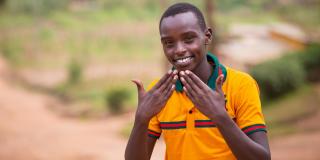
Around the world children with learning difficulties and disabilities are more vulnerable to being left out of educational opportunities. Hear from four Rwandan-based volunteers making sure these children aren’t left behind.
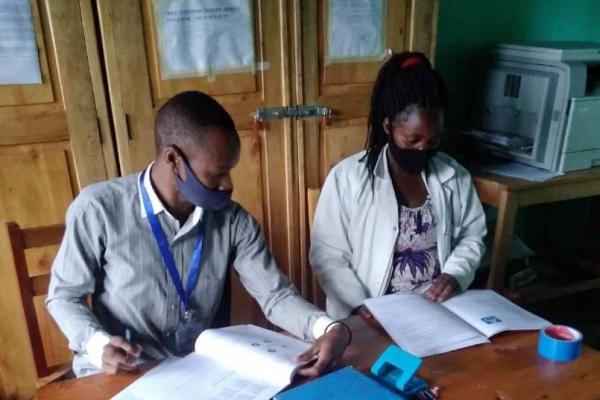
With the pandemic requiring families to stay at home, many families are living in increased poverty, leaving children with disabilities more vulnerable to neglect. Some children have been found to be malnourished, others suffering developmental delays, while some parents only see their child as a burden.
National volunteers from Rwanda are playing a crucial role in working with teachers to reach these vulnerable children, and in breaking down the stigma and misconceptions held within communities. Volunteers work with local authorities to improve the quality of care and, where necessary, alert police and authorities when follow-up is needed.
Here are some of the ways volunteers are making sure children with disabilities are protected and supported to keep learning.
1. Visiting vulnerable students
Jean D’Amour, 28, is a VSO volunteer based in Musanze district, Rwanda. When the country went into lockdown, Jean realised there was a technological gap for many students.
“Some families didn't have radios and televisions, or even electricity, and a big number of parents from rural areas were not able to support their children.
“Others didn't have telephones so I couldn't call them individually to let them know what support they could give to their children.
“One strategy I used to overcome this barrier was calling neighbouring teachers who lived near these families, and we planned how they could meet the parents and students for support, whilst maintaining social distancing!”
Each volunteer has a bachelor’s degree in inclusive education and through the project mentors around 15 teachers, all from different schools. The teacher then becomes an ambassador for inclusive education at their school, sharing what they’ve learnt.
Jean-PierreIf a child has a disability… that child must also be allowed to study like any other child without exclusion. A disabled child must have access to everything that any other child has.
VSO volunteer in Nyagatare district
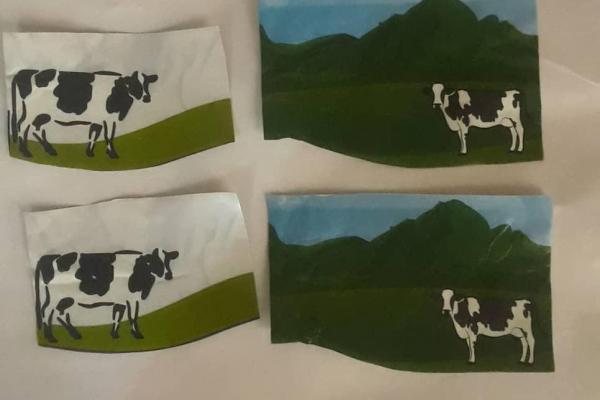
2. Creating teaching materials at home
VSO volunteer Jean Claude Sabato, 28, is using his expertise in inclusive education to create teaching materials. From Rwanda, Jean Claude is one of 35 volunteers sharing skills in inclusive education with teachers across a total of 476 schools.
“An unexpected benefit of lockdown was that I was able to encourage and support teachers to make their own inclusive materials, and share photos of these on WhatsApp groups and email.”
“Whilst making the best of the materials available around me and recycling and up-cycling them into education materials, I was also happy to be reducing the waste in my local environment. This work helped me to feel positive about the opportunities that came up during the COVID-19 lockdown, rather than dwelling on the challenges.”
3. Tackling stigma in the community
Diane Uwamahirwe, 28, is a VSO volunteer based in Rulindo district, Rwanda. She has tackled stigma by spreading awareness of the needs of children with disabilities.
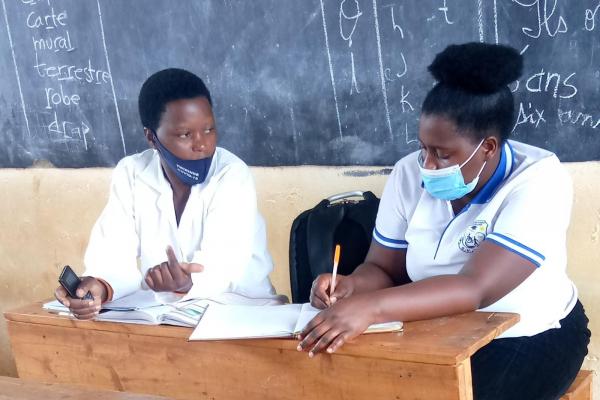
“In rural villages, teachers don’t know much about those with disabilities. Some teachers won’t work with students who have learning difficulties because they might not be able to write or could have low academic performance. I explain what disability is and how to support all kinds of disability.
“After running sessions, I realised there are many children with disabilities who are hiding, because of misunderstanding from the community and their parents. I provided teachers with information on how to change negative attitudes.
The parents of 12-year-old Mugwaneza* refused to send him to school due to his learning difficulties.
“I worked with the teacher to explain to his parents how it’s possible for children with learning difficulties to learn and reach their potential. Mugwaneza* really liked playing football, so we let him play football and then he was motivated to come to class.
“I enjoy mentoring and supporting communities and schools against the stigmatisation of people with disabilities, helping to change negative perceptions towards learners with disabilities and special educational needs, and seeing how this can enable a child to be accepted and make progress.”
4. Virtual school visits
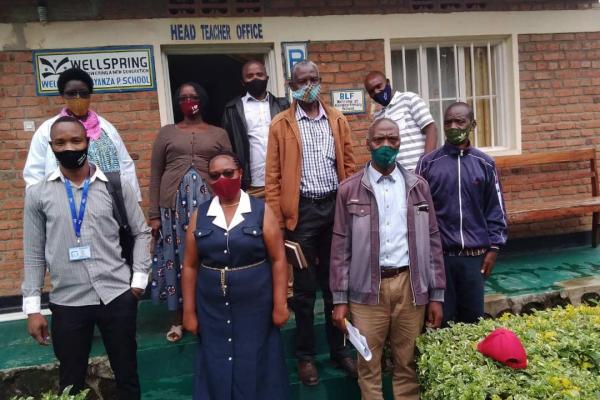
During lockdown, VSO volunteer Fabien Niringiyimana, 30, has continued to monitor the progress of schools with virtual school visits, visiting schools in Rubayu district via conference calls.
Ordinarily this would be done in person, but now he is coaching and mentoring school leaders and teachers over the internet, sharing best practice tools on how to teach children with disabilities.
“School visits help me to create strong relationships with school leaders and continue to coach and mentor teachers, making sure no child is left behind,” says Fabien.
“It also helps me to co-ordinate with physiotherapists and occupational therapists, so I can fully understand and fulfil learner’s needs.”
“I want to support children with disabilities so that these children are no longer discriminated against,” says Fabien.
5. Making schools accessible
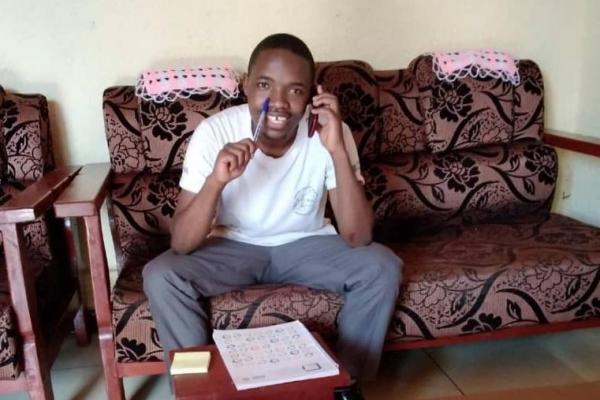
One volunteer, Jean Claude Sabato, 28, is looking ahead to when schools reopen to ensure children with disabilities have access to the facilities they need.
Jean met with local headteachers over a video call, to support them to make their schools more inclusive.
“Teachers have asked me many questions about what they could do to help, and wanted to make the changes as soon as possible,” says Jean.
“Teachers have promised me they will modify the classroom buildings in their schools where possible so that they can welcome children with disabilities when schools reopen. We now have 96 accessible toilets for people with disabilities in our district!”
Jean believes this will help overcome the hurdles that children with disabilities can face.
“Children with disabilities can learn like others if we remove the barriers that hinder them,” says Jean.
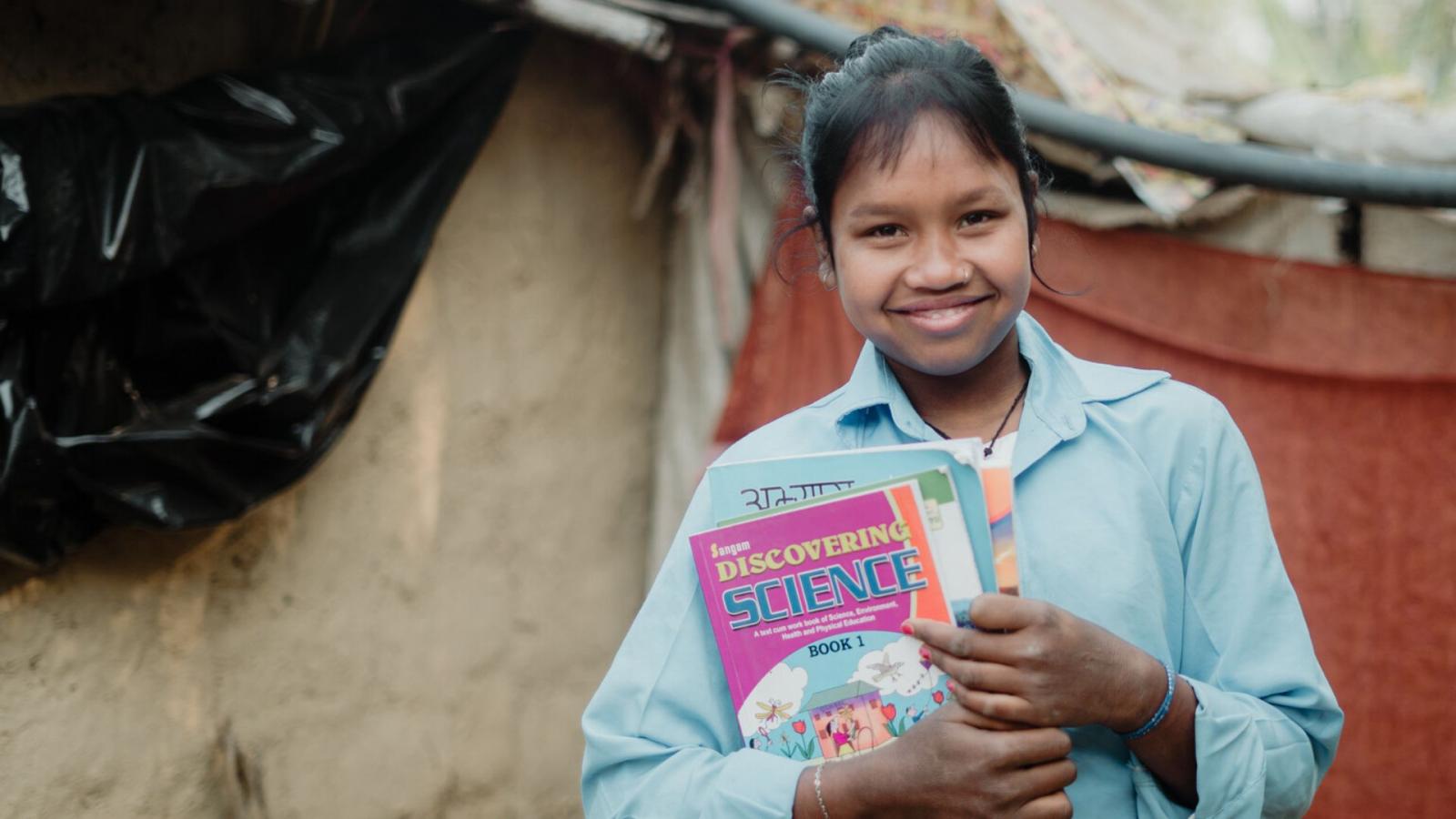
Support us with a donation
Read more
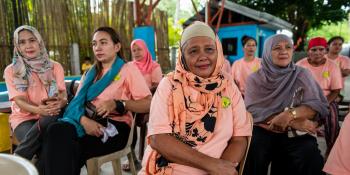
International Women's Day quiz 2025
International Women's Day, commemorated each year on the 8 March, is a global occasion celebrating the achievements of women. But how much do you know about the state of women and gender equality? Find out by taking our short quiz!
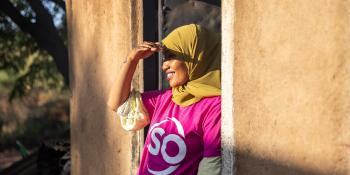
Five things women achieved this year that you might not know about
This International Women's Day, join us in celebrating the resilience of women across the globe with some female achievements you might not have heard about.
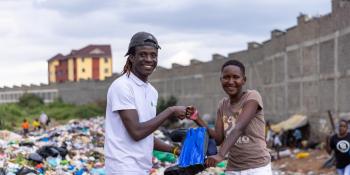
The volunteer ensuring the unsung heroes of waste aren't left behind
Driven by his passion to clean up the environment, Kenyan volunteer Lawrence is currently volunteering on a VSO recycling project in Nairobi, where he’s helping to empower waste pickers. Read about his work.
